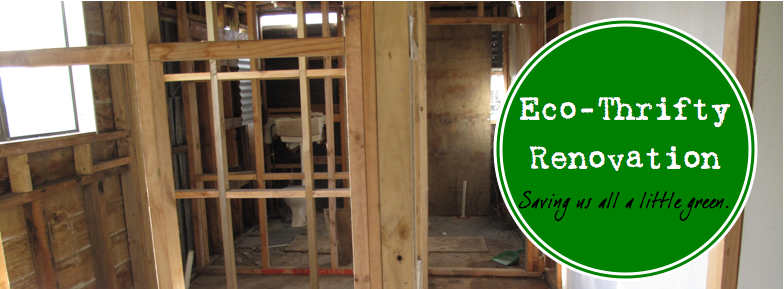I wrote about these topics a year ago on another blog, surf2survive, but they just don't seem to go away. We are a year on from the Greece bailout and in the midst of more volatile oil price gyrations: up nearly $6 U.S. today.

Source: Marketwatch
Meanwhile, Greece celebrates it's one year anniversary by preparing to sell state assets to pay back foolish German, French, British and U.S. banks who unwisely invested there chasing unrealistic returns.

Source: New York Times
I bring up these issues today because each one has implications for be eco-thrifty. First lets' take a look at Greece. Greece is all about living beyond one's means, going into debt, paying high interest rates, and then ending up with a liquidation sale. This, of course, is not unique to Greece. The pattern is repeated across the entire planet from Athens to Zimbabwe. In the beginning, living beyond one's means and going into debt appears to be thrifty because it costs very little to do so. But in the long run, debt is not thrifty. As the Greeks, Irish and Portuguese know, it can be extremely expensive.

Source: Guardian
Now oil. Put simply, oil prices will remain volatile for the foreseeable future while trending ever upwards to new record highs. This is simple supply and demand. As supplies run short and demand grows, prices rise. But extremely high prices cause "demand destruction" which sends economies into recession which brings prices down again temporarily. And then the pattern is repeated. To put things into perspective, here is a graph of oil production over a 2500 year period.

Source: Steve Mayfeld
Failure to invest in energy-saving products is also not thrifty. But again, in the short run may appear to be. For example, incandescent light bulbs are cheaper in the shop than compact flourescent bulbs. But in the long run they are much more expensive to operate. This is not thrifty at all. Nor eco for that matter.
So what do Greece and oil have in common? They both show us clearly that short-term thinking is expensive in the long run. Here at the ECO School we recognize that debt is dangerous. Inefficiency is dangerous. Being eco-thrifty means living within your means while investing everything you can into energy efficiency without going into debt. For example, we are looking at a 7% to 10% return on our solar hot water system.

Money where my mouth is: solar hot water, north-facing glazing, super-insulation.
We paid $3,900 N.Z. cash for it installed. Had we borrowed that money, most of our savings would go to the bank. I have said it before, the best way that governments (if they are serious) can promote citizen investment in renewable energy and energy efficiency is to offer no-interest loans. Otherwise, we just continue to make bankers richer.
And that's all I've got to say about that...for today, Estwing

No comments:
Post a Comment